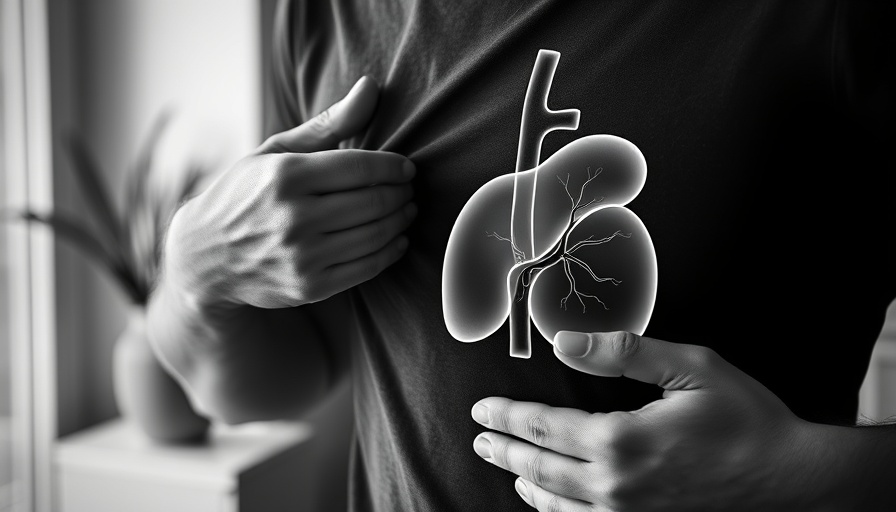
Understanding the Sweet Lure: The Nature of Sugar Cravings
Sugar cravings are far from ordinary; they present as intense urges to devour gratifying sweet foods or drinks that can pull us in like a magnet. Studies indicate that up to 97% of women and 68% of men grapple with these cravings, pointing to a widespread phenomenon that intersects with modern health challenges. Notably, these cravings pose significant concerns in light of escalating obesity and diabetes rates worldwide.
The Link Between Sugar Cravings and Diabetes
The relationship between diabetes and sugar cravings is marked by a cyclical nature that complicates management of blood sugar levels. For individuals living with diabetes, giving in to sugar cravings can lead to perilous spikes in blood glucose. Conversely, dips in blood sugar can cause intense cravings as the body attempts to restore balance, creating a challenging rollercoaster of physiological demands.
What Triggers Our Cravings?
These cravings are often fueled by a combination of psychological and physiological factors:
- Psychological triggers: Emotions such as stress, sadness, or anxiety often steer individuals toward sugary comfort foods. Additionally, forming regular habits around sweet treats can reinforce cravings over time.
- Physiological triggers: Blood sugar imbalances are a primary catalyst for cravings, as low levels prompt the body to seek rapid energy sources like sugar. Hormonal fluctuations and nutrient deficiencies further complicate the craving landscape for many.
The Science Behind Sugar Cravings
The biological drive for sugar has roots in our brain’s complex reward systems. When we consume sugar, it releases dopamine, a neurotransmitter associated with pleasure, further intensifying our desire for sweet foods in the long run.
Managing Sugar Cravings for Healthier Living
Understanding the factors that lead to cravings enables smarter choices regarding diet, especially for those managing diabetes. Here are some practical strategies:
- Balanced meals: Consuming balanced meals that include proteins, fibers, and healthy fats can mitigate the brain’s inclination to seek sugary foods.
- Mindful eating: Being aware of emotional triggers helps individuals make choices free from impulsivity, promoting healthier responses to cravings.
- Healthy alternatives: When cravings strike, opting for healthier sweet alternatives like fruits can satisfy desires without destabilizing blood sugar.
Harnessing Emotional Health
It’s vital to address emotional well-being as part of managing cravings. Activities that uplift mood, such as exercise, meditation, or socially engaging experiences, can alleviate the emotional triggers that prompt sugar cravings. Maintaining stable blood sugar levels through holistic approaches strengthens the ability to withstand the call of sweets.
A Blueprint for the Sweet Challenge
For those with diabetes, navigating the intricate dance of cravings is crucial. Recognizing the root causes, tracking patterns, and adopting practical tools can lead to better outcomes. The journey towards a healthier relationship with sugar exists, informed by insights into the body’s responses and strategies for success. Take charge of your health and pave the way to balance by understanding and managing your sugar cravings.
 Add Row
Add Row  Add
Add 




 Add Row
Add Row  Add
Add 

Write A Comment